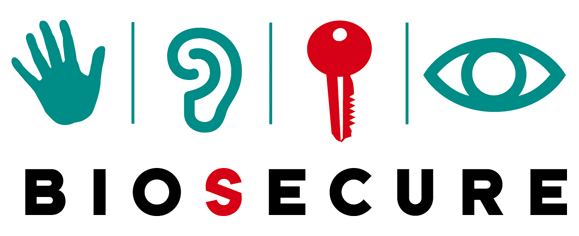Lincolnshire Fish Health Professional Services
If you have any fish health problems, we would recommend the professional services of Dr Paula Reynolds Aquatic Patho-biologist; Lincs Fish Health. The article below outlines the nature of the services on offer and provides contact details.
LINCOLNSHIRE FISH HEALTH LABORATORIES & RESEARCH CENTRE
Lincolnshire Fish Health or LFH was established in 1980 by Dr Paula Reynolds Consultant in Fish Medicine. The primary work of the centre is research into fish diseases and the antimicrobials, pharmaceuticals, and chemicals used to treat fish. In addition, new methods of disease prevention and diagnosis are long-term projects. The work of the centre is predominately with Koi although other fish species are studied for comparative biology. LFH undertake investigations for hobbyists, dealers, farms, and fisheries and our subsidiary company manufacture natural pond treatments. We offer a wide range of services to both the Aquatic Industry and Koi keepers. We prefer to discuss fish health problems before fish are sent to us so we can ensure a laboratory investigation is required.
Enquiries: In the summer months you can contact us on O1205 723413 10am-4pm daily including Saturday and Sunday. Please note we are closed on Mondays. Over the Winter Months we undertake research and can only be contacted by email at koidoc@talktalk.net
When should you consider Laboratory Support
Never over react when Koi are off colour as the wrong course of action at the outset can make problems worse. The more common causes of a change in the behaviour or appearance of Koi can usually be eliminated without laboratory intervention. Please note we do not undertake pond visits, as our investigations require laboratory conditions and equipment, however a Koi dealer may be able to help. We can be contacted by telephone for advice and our laboratory services are available if a problem remains unresolved or is clearly serious from the outset.
The first investigation when something seems wrong with Koi is their pond water quality. Many pond water parameters are never tested and this factor underlies several common Koi health problems. The water conditions that support the long-term well being of Koi can mean their survival is on a knife-edge if untested and it is the chemistry of water that decides the success or failure of any pond treatment. The levels of ammonia , nitrite , nitrate, pH , KH , chlorine, chloramine, need testing regularly and the dissolved oxygen level is vital to Koi health and pond biology and is commonly low in many ponds as koi need 6mg per litre of dissolved oxygen even when resting.
When water tests are satisfactory and the fish are irritated, a parasitic infection could be the problem. It is safer to have mucus smears carried out by a dealer to identify which parasite is involved as treatments differ with the parasite. If no parasite is identified, the irritant may be a pollutant and it is vital not to introduce any chemical until the investigation is complete. A succession of pond remedies when there is doubt as to what is wrong can cause further deterioration in the Koi.
If wounds or red marks are seen on Koi, it is easy to assume these injuries when it may be disease. It is more satisfactory to learn how to deal with this type of disease as soon as it is observed and we urge Koi keepers not to seek advice from unreliable sources on the Internet or Koi keepers who have on- going health issues in their own pond. Ulcerative forms of bacterial disease need to be understood and well managed or continual outbreaks are possible.
If high mortalities are taking place and water quality and parasitic causes are eliminated, an examination is advisable. Whilst the minor health problems may be obvious at the pond side, disease can only be diagnosed with laboratory facilities.
LFH Laboratory Services include:
-
Diagnostic examinations, biopsies, blood analysis, and tests on live fish
-
Bacteriology & Antibiogram for antibiotic sensitivity
-
Histopathology & Microbiology Laboratories
-
Non-invasive surgery
-
Post-mortem service
-
Water screening
-
Bacterial count on pond water sample
-
Research projects
-
Clinical & field trials
-
Pond product assessments and review
-
Bio-security audits




